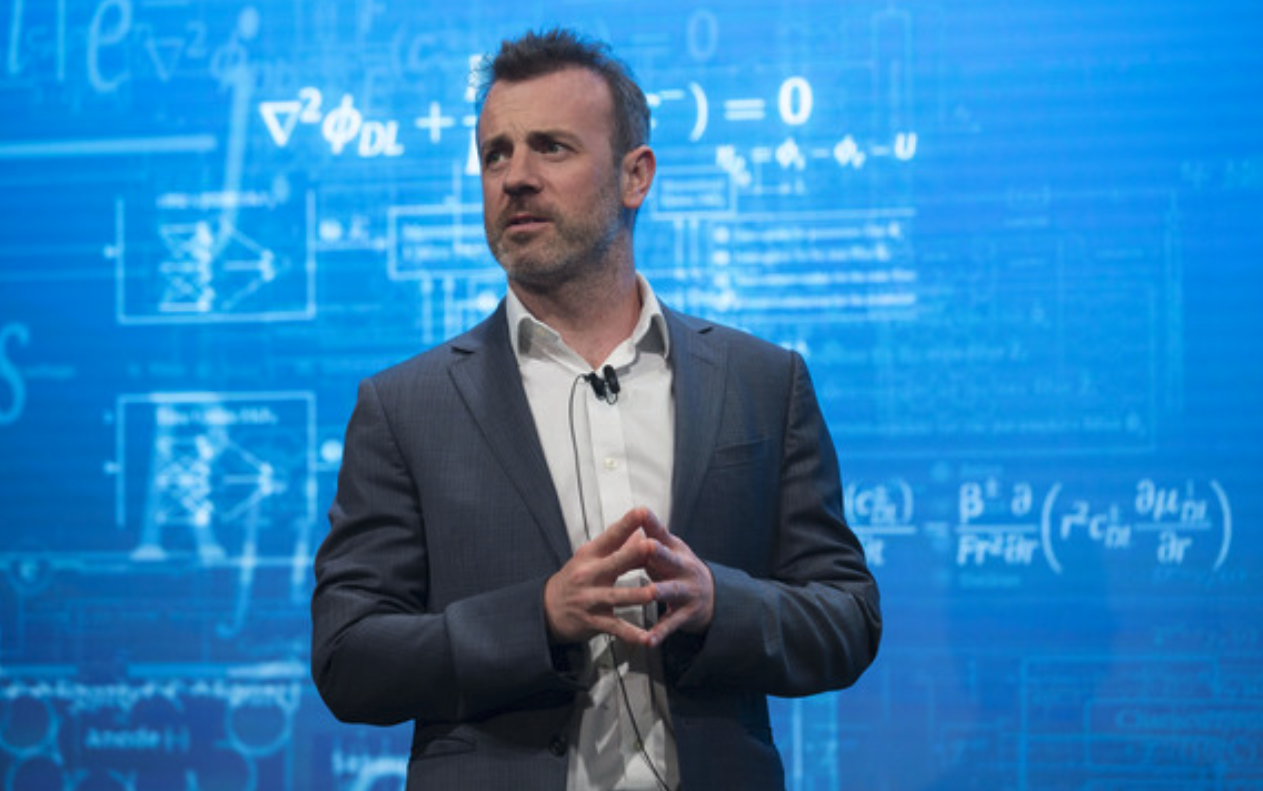David Hunt is the founder of Hyperion Executive Search, which helps climate tech companies recruit for C-suite, board and senior level positions. He also hosts the Leaders in Cleantech podcast. This interview first appeared in the Sustain newsletter, our weekly roundup of the biggest news in climate tech — subscribe here.
What problems is the climate tech sector facing in terms of hiring?
Climate tech is a nascent industry and the problem stems from the talent pool being so small, yet the demand for talent increasing exponentially. With the fast-paced growth that the sector is experiencing comes a perception that recruits must be “off the shelf” and fully experienced. Climate tech companies need to be more open to transferable skills and draw talent from other sectors.
It’s also down to a lack of awareness from universities and other education institutions about the young sector. They don’t know what jobs or careers exist, so it’s very hard for them to prepare people for careers in the sector. We need much more education about the sector and the opportunities it presents. Governments should be key to this but they don’t know enough about what is happening. Climate tech trade bodies and associations can and should help, but it’s a chicken and egg situation — who pays and who is accountable? That’s what’s holding us back.
How big an impact will the lack of talent have on the sector?
A significant one. As Jim Collins wrote, “vision without good people is irrelevant”. No matter how good your product or service, or how much money you’ve raised, without the right people in the right jobs at the right time, you can’t execute. You’re held back. That’s true of individual companies and the sector as a whole. It increases the need to pay over the odds just to get the right people, which inflates salaries broadly and challenges the financial viability of some companies who may have a brilliant solution or offering.
Are climate tech companies offering competitive salaries?
Climate tech companies can offer increasingly large salaries. But many companies in the sector are startups or post-investment scaleups, so where they perhaps can’t offer the salaries and benefits that a corporate can, they can offer equity, options and other growth-based incentives and bonuses. Candidates may have to take a hit on the basic salary but have the upside opportunities you won’t get elsewhere.
👉 Read: Eastern Europe’s climate tech needs stronger networks and more commercialisation, investors say
Of course, working for a purpose, a mission you believe in, also makes any sacrifice on salary less of an issue, and research shows that many workers would forego their salary if it meant having a meaningful job. People will make sacrifices, not just financial, to be part of something important and impactful — one that aligns with values.
What resources can people use to reskill their employees to better cope with the transition to net zero?
The biggest thing is teaching people to be agile and to adapt quickly to change, even thrive in chaos — or at least a fast-changing environment. That is more important than technical training or upskilling. While technical training can be found and done — even if it’s patchy — who is training critical thinking, first-principles problem solving and agile working?
That’s the big issue because of the nature of the sector — fast-changing and slightly chaotic — meaning that people from a variety of backgrounds driving things forward is an excellent proposition. But it’s also the hardest because support from universities — an environment where nothing much changes — is stagnated.



